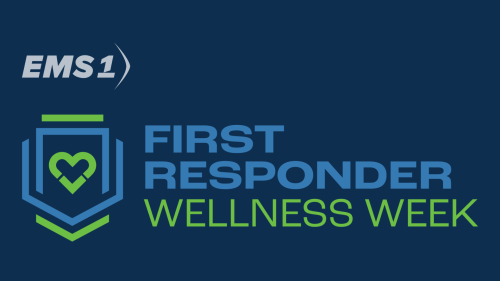First responders face intense physical and emotional demands, making it crucial to recognize signs of stress before they escalate. Often, subtle phrases can reveal underlying struggles, signaling a need for support. In this article, we explore 10 red flag phrases that may indicate a first responder is experiencing emotional distress. By identifying these warning signs early, colleagues and leaders can foster a culture of mental health awareness, ensuring those on the front lines get the help they need.
Crucial statements
- Feeling overwhelmed: “I can’t catch my breath” or “It feels like the weight of the world is on my shoulders.”
- Feeling inadequate: “No matter what I do, it’s never enough” or “I feel like I’m always falling short.”
- Signs of emotional exhaustion or compassion fatigue: “I’m just so tired all the time, and it’s not just physical” or “I feel drained, like I have nothing left to give.”
- Indications of anxiety or hypervigilance: “I can’t stop thinking about the calls” or “I’m always on edge, waiting for the next disaster.”
- Feelings of isolation or being disconnected: “Nobody understands what I go through” or “I feel so alone, even in a crowded room.”
- Expressions of cynicism or disassociation: “What’s the point? Nothing really changes” or “I just don’t care anymore.”
- Signs of avoidance or withdrawal: “I don’t want to talk about work” or “I just want to be left alone.”
- Signs of irritability or anger: “Everything annoys me lately” or “I find myself snapping at people for no reason.”
- Feelings of sadness or despair: “I feel overwhelmed by sadness” or “I don’t see any light at the end of the tunnel.”
- Indications of guilt: “I should have done more” or “I can’t get over the things I’ve seen or done.”
These phrases indicate a need for support and may signal that a first responder is experiencing stress, burnout, or potentially more serious mental health issues like PTSD.
It is important to know that when responding to a coworker who has used one or several of the phrases, you need to be empathetic and non-judgmental.
Approach your coworker in a private and comfortable setting, when they are not on duty. This ensures they can speak openly without fear of judgment.
Let your coworker know that you care about their well-being and that you are there to listen. Avoid making assumptions or judgments about their situation.
Statements to show you care
- “I’m here for you.”
- “I care about you.”
- “You’re not alone.”
- “It’s OK to feel this way.”
- “It’s OK to ask for help.”
And this question is key: “What can I do to help?”
It’s OK to not have all the answers – it’s even OK to say “I don’t know what to say, but I’m here for you” – but being there as a source of support can make a significant difference.















